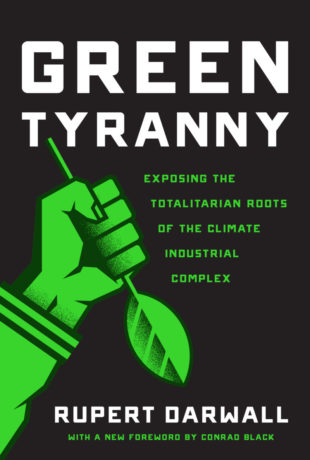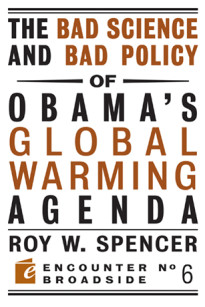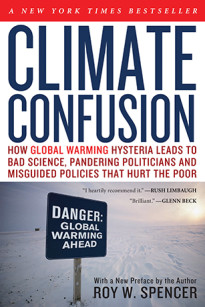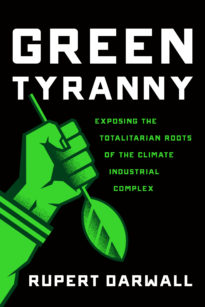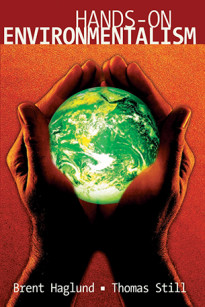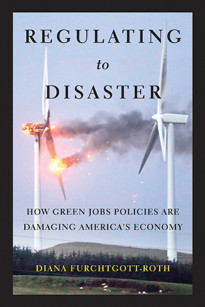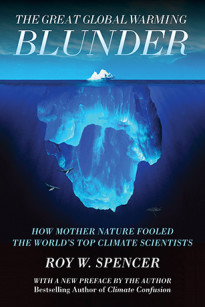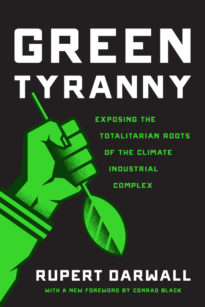Climate change was political long before Al Gore first started talking about it. In the 1970s, the Swedish Social Democrats used global warming to get political support for building a string of nuclear power stations. It was the second phase of their war on coal, which began with the acid rain scare and the first big UN environment conference in Stockholm in 1969.
Acid rain swept all before it. America held out for as long as Ronald Reagan was in the White House, but capitulated under his successor. Like global warming, acid rain had the vocal support of the scientific establishment, but the consensus science collapsed just as Congress was passing acid rain cap-and-trade legislation. Rather than tell legislators and the nation the truth, the EPA attacked a lead scientist and suppressed the federal report showing that the scientific case for action on curbing power station emissions was baseless.
Ostensibly neutral in the Cold War, Sweden had a secret military alliance with Washington. A hero of the international Left, Sweden’s Olof Palme used environmentalism to maintain a precarious balance between East and West. Thus Stockholm was the conduit for the KGB-inspired nuclear winter scare. The bait was taken by Carl Sagan and leading scientists, who tried to undermine Ronald Reagan’s nuclear strategy and acted as propaganda tools to end the Cold War on Moscow’s terms.
Nuclear energy was to have been the solution to global warming. It didn’t turn out that way, most of all thanks to Germany. Instead America and the world are following Germany’s lead in embracing wind and solar. German obsession with renewable energy originates deep within its culture. Few know today that the Nazis were the first political party to champion wind power, Hitler calling wind the energy of the future.
Post-1945 West Germany appeared normal, but anti-nuclear protests in the 1970s led to the fusion of extreme Left and Right and the birth of the Greens in 1980. Their rise changed Germany, then Europe and now the world. Radical environmentalism became mainstream. It demands more than the rejection of the abundant hydrocarbon energy that fuels American greatness. It requires the suppression of dissent.
